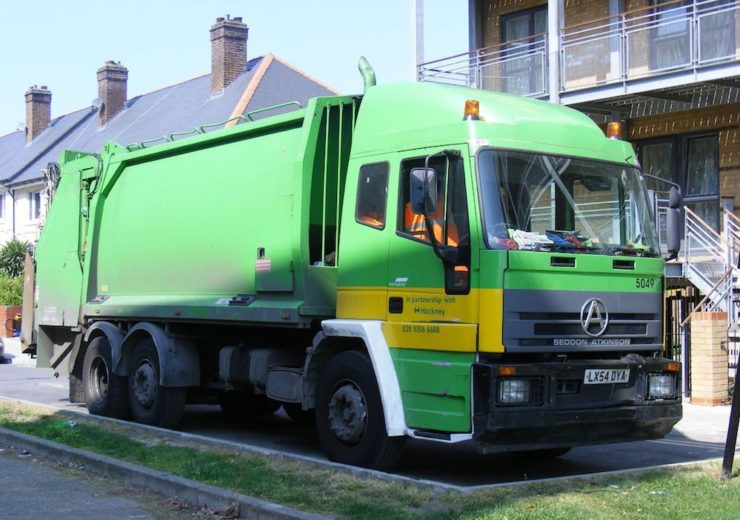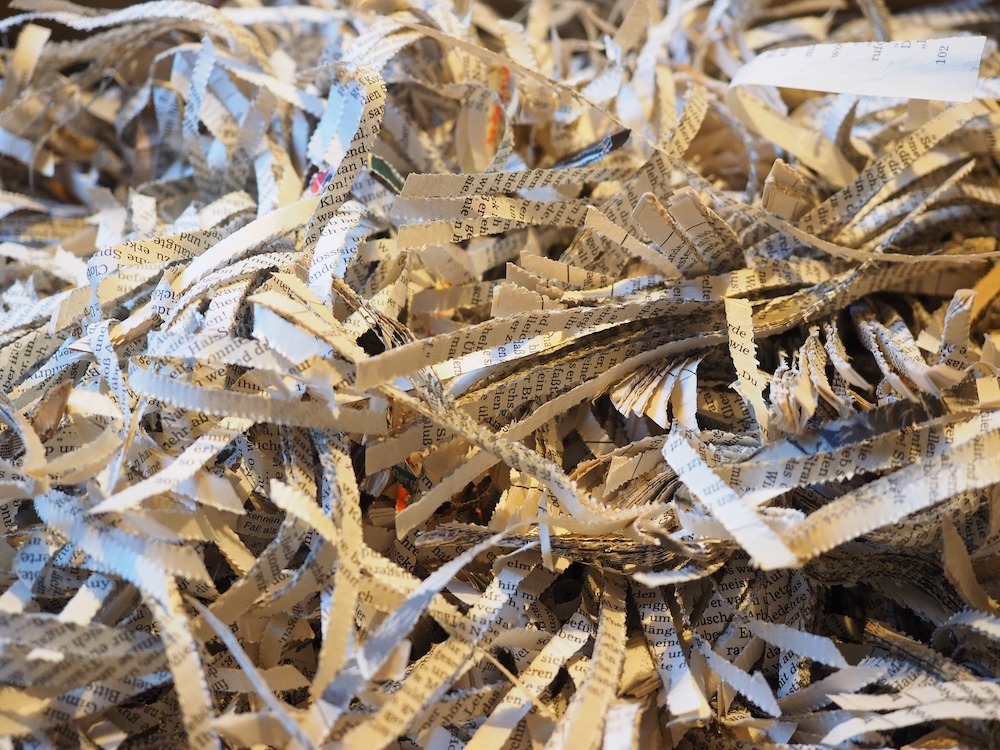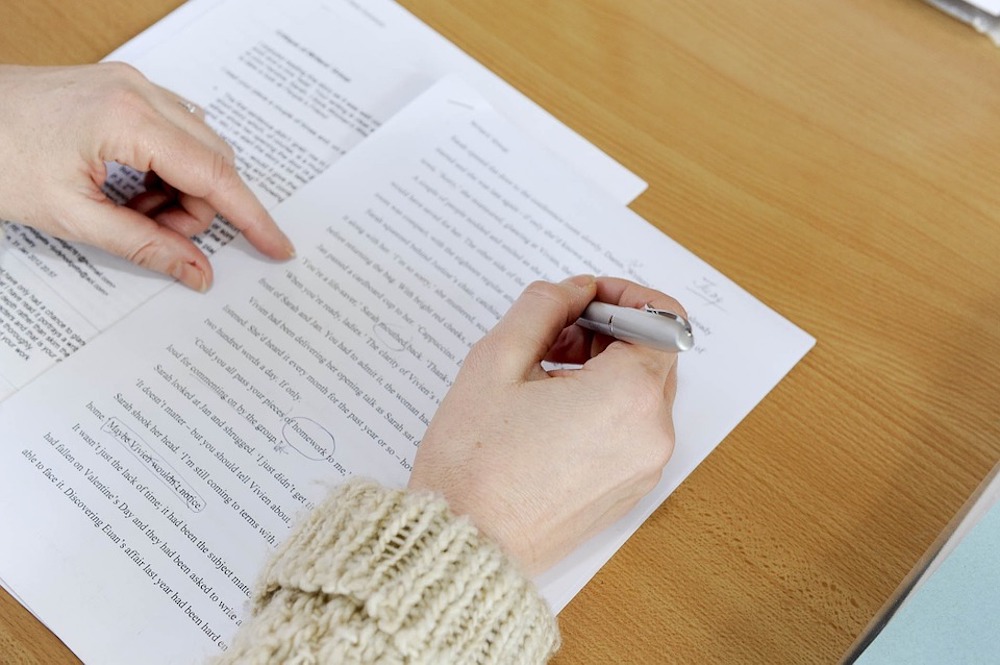The price difference between recycled and virgin plastic has steadily grown in recent months, however, Covid-19 has accelerated this disparity

According to industry expert Mark Victory, the cost of food-grade recycled PET is currently almost double the price compared to virgin PET (Credit: Flickr/Sludge G)
The Covid-19 pandemic has escalated the price of recycled plastic in Europe, according to an industry expert.
Mark Victory, senior editor of recycling at market researcher ICIS, says this is despite overall demand for packaging being higher than it would normally be during this time of year.
With businesses reliant on packaging moving away from virgin material, recycled plastic prices have been rising steadily in recent months.
However, since the start of Covid-19 crisis, the disparity between virgin and recycled plastic prices has increased further.
Speaking at NGO Sustainable Packaging Coalition’s (SPC) online seminar on the current state of the recycling industry, Victory explained: “Since Covid-19 hit, virgin prices have crashed in Europe.
“This is partly down to crude oil’s price drop, but it’s also to do with weak demand and the cost of recycled when compared to virgin plastic, which has skyrocketed.
“The cost of food-grade recycled PET is almost double in price when compared to virgin PET right now, and that’s creating a lot of substitution pressure.
“If businesses don’t need recycled material, or if they’re not mandated to have it, they’re switching back to virgin.
“And we’re not only seeing this is a trend in recycled PET, we are also seeing it in recycled polypropylene and recycled polyethylene or HDPE.
“And of the recycled materials going into the packaging industry in any significant volumes, we’ve seen a massive increase in the cost compared to virgin.”
Increased demand for recycled paper coupled with tighter supply due to Covid-19, says industry CEO
But the substitution of recycled plastics for virgin materials is not purely a price issue for manufacturers, according to Victory.
He said: “Businesses are also substituting because of the security of supply chain and its ease of use.
“Alongside this, they don’t have much workforce because of the lockdown and they’re concerned about sourcing recycled material, and so they are turning back to chains they know they can rely on.”
Like recycled plastic, recovered paper prices have also risen, with these jumps in value particularly significant in the US.

And, due to the closure of commercial collection outlets, the amount of supply in the market is limited.
Kerry Getter, CEO of Balcones Resources — which recycles paper and supplies it to tissue and linerboard mills — has seen this trend at his business.
He explained: What we’re seeing is increased demand, coupled with tighter supply, meaning prices have been rising.
“We expect that to continue for a few more months.”
Covid-19 is a ‘crisis inside an existing crisis’ for the recycling industry, says expert
Until recently, a large amount of waste from some of the world’s richest economies ended up in Chinese docks.
This all changed in January 2018, when China introduced its National Sword policy — which saw it ban the importation of 24 types of waste.
Materials banned include various plastics that aren’t at least 99.5% pure — such as polyethylene and polystyrene — as well as paper and solid waste.
Since the 2018 introduction of the ban, the country’s import rate for plastic waste has plummeted by 99%.
In 2018, China imported 49,895 tonnes of plastic, compared to 5.76 million tonnes in 2017.

This has had an impact on the global recycling industry, with scientists from the University of Georgia estimating the ban could cause the displacement of 111 million tonnes of waste by 2030.
Due to the reduction in the capacity of recycling facilities, some believe Covid-19 has had an impact similar to National Sword.
Resource Recycling managing editor Dan Leif said: “It’s important to remember all of this [Covid-19] has happened while the industry has been trying to move into a post-National Sword world.
“In a lot of ways, what we’ve seen with Covid has been a crisis inside of an existing crisis.”
‘Mixed messaging’ as to how long Covid-19 lasts on different materials, says recycling industry leader
How long the Covid-19 virus lasts on surfaces has been a hotly-discussed topic ever since the outbreak took hold.
Studies have shown it can survive up to 72 hours on plastic and stainless steel, less than four hours on copper, and less than 24 hours on cardboard.
The State of Texas Alliance for Recycling executive director Jordan Fengel said: “In general, like most other communicable diseases, the risk of transmission from a human, to material and then back to another human is extremely low, but it does exist.
“The most important takeaway is that we have employers who enable and enforce the proper use of PPE, but also instil really good hygienic practices every single day of work.”

In an attempt to clear up some confusion, Fengel published a “recycling during a pandemic” paper.
This included how long Covid lasted on surfaces, and what the best practices were for businesses managing solid and recyclable waste.
When putting together his paper, Fengel found there was “quite a lot of information” around the subject.
He added: “That’s why I chose to do the paper and publish it, to try and standardise that information.
“Yes this is a problem, there’s a transmission possibility, but this is something that should be discussed in our workplace anyway.
“We need to keep pushing to dispel those fears from the businesses or the general public — recycling is safe, and it’s important.”
